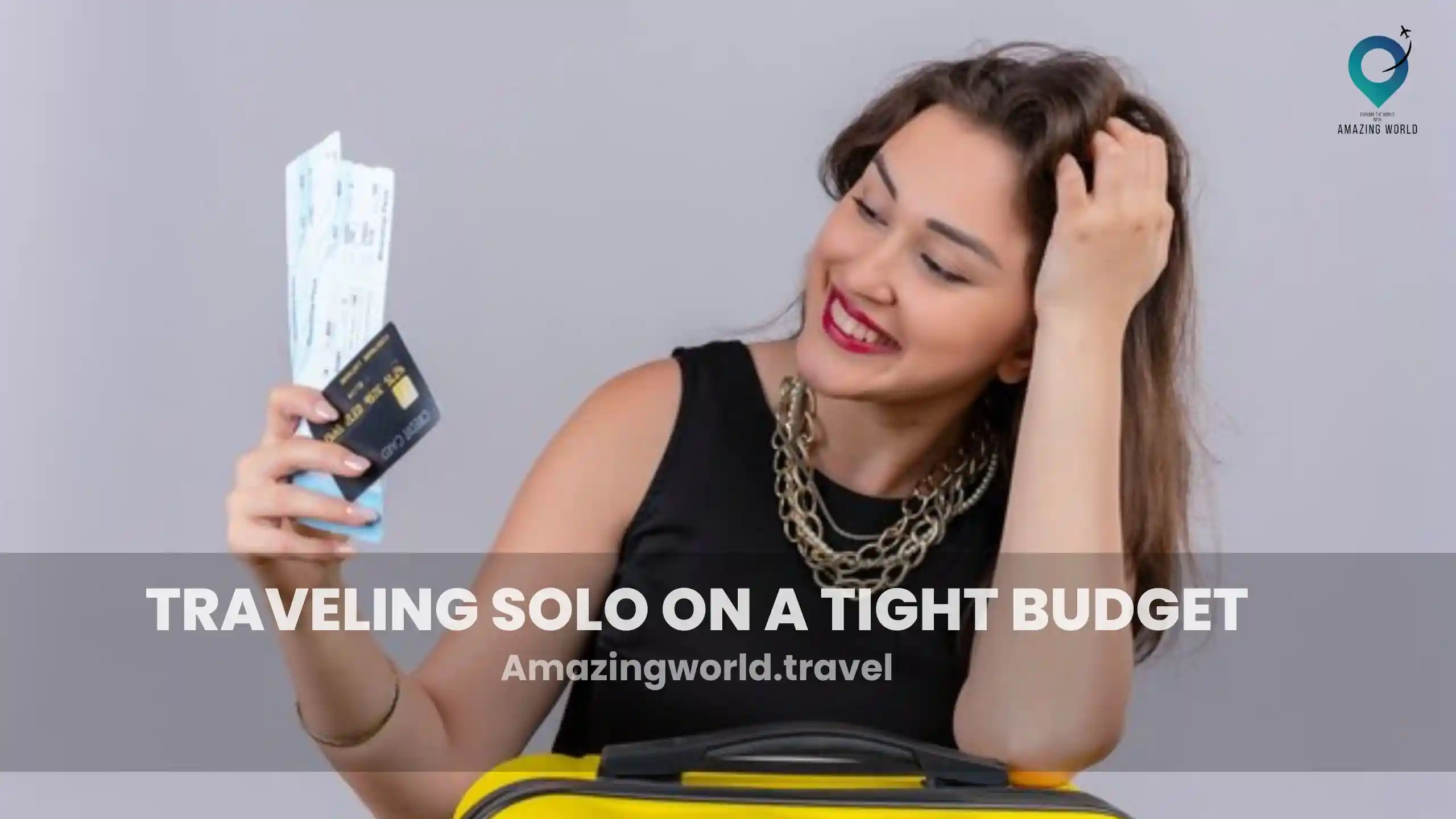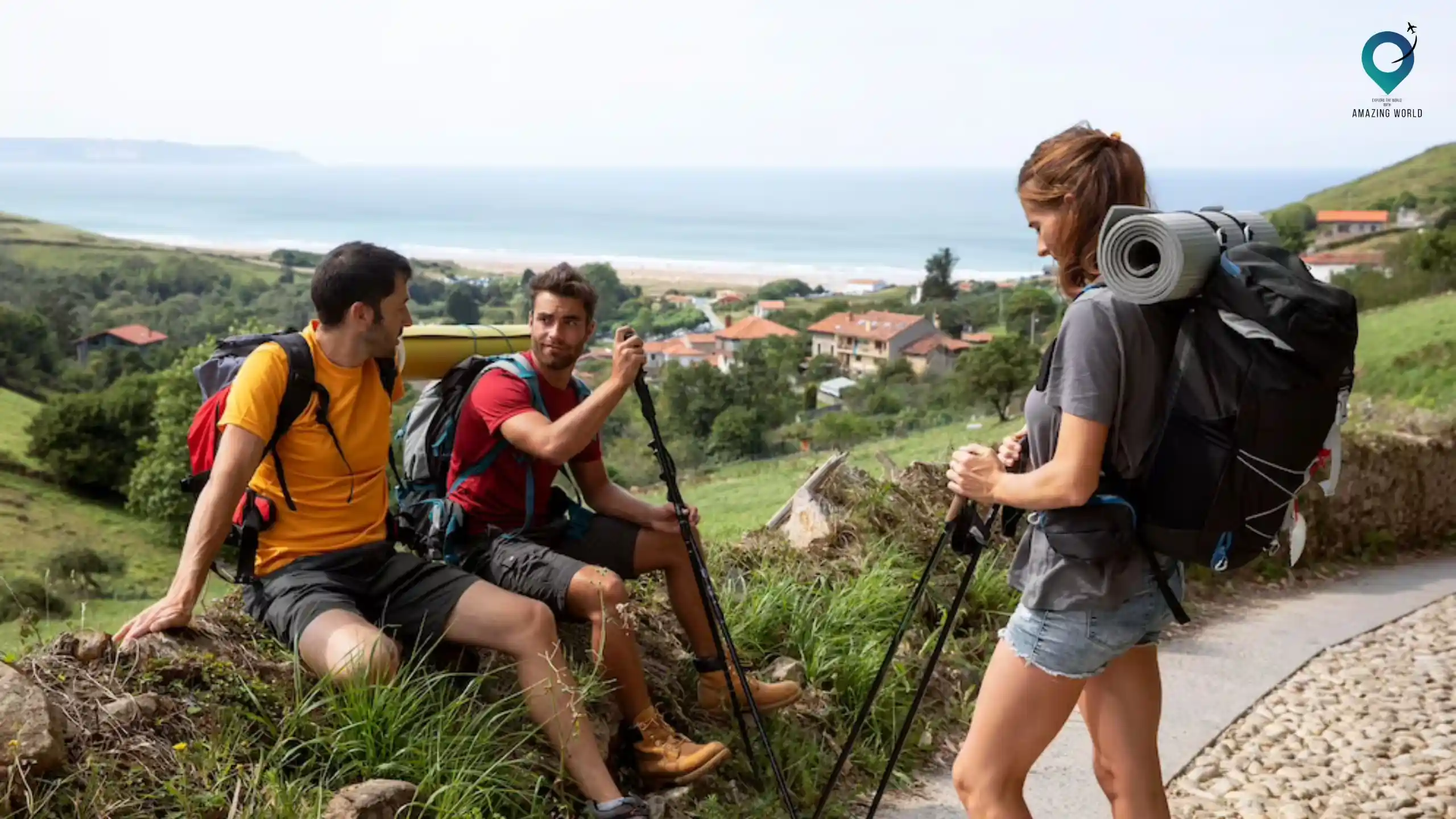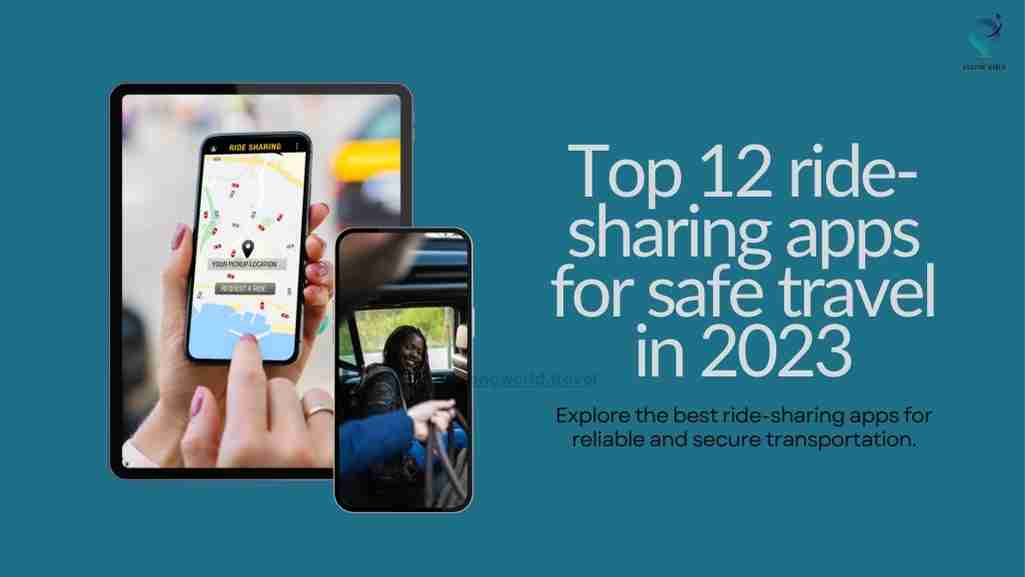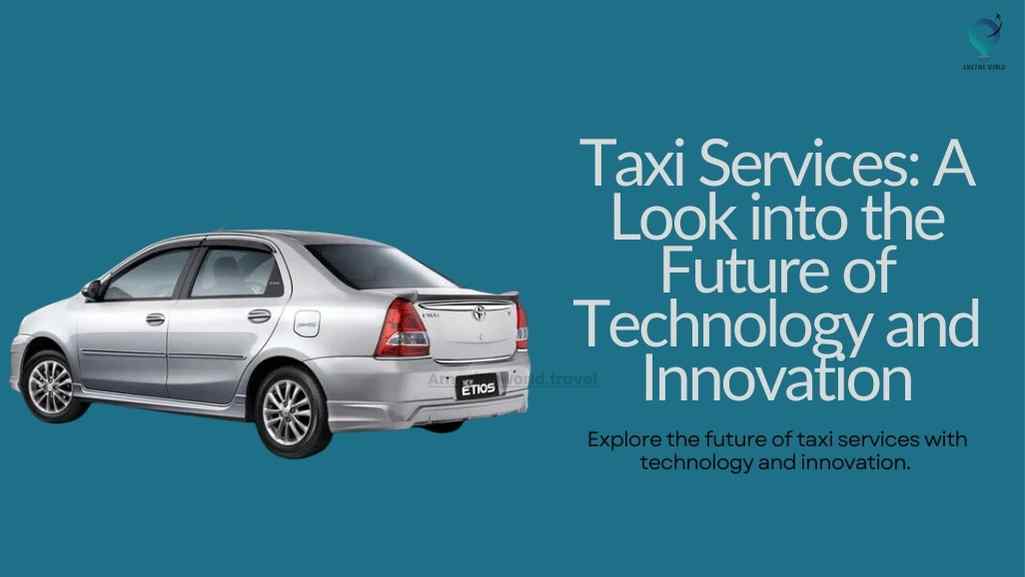Travel the World on $1,000 per Month – Perception vs Reality
Are you a wanderlust enthusiast with dreams of globe-trotting on a shoestring budget? Eager to explore the world’s wonders without breaking the bank? You’re in the right place! In this guide, we’ll unlock the secrets to globe-trotting on just $1,000 a month. From wallet-friendly destinations to savvy strategies for accommodations, activities, and dining, we’re about to embark on an adventure that’s light on the pocket but big on experiences.
Say farewell to financial worries and hello to affordable escapades as we dive into the art of budget travel. Get ready to transform your travel aspirations into real-world exploration, all while keeping an eye on your budget, without sacrificing fun and adventure.
Also, if you are looking best hotels and Homestay deals then we recommend booking your hotels and homestay with priceline.com
What is budget travel?
Budget travel refers to a style of traveling where individuals or groups prioritize cost-consciousness and financial efficiency while still aiming to have meaningful and fulfilling travel experiences. It is a mindset and approach that focuses on getting the most value and experiences from one’s travel budget.
In essence, budget travel is about exploring the world while being mindful of expenses and finding ways to minimize costs without sacrificing the quality of the journey.
Why travel the world on a budget?
Traveling the world on a budget offers a plethora of compelling reasons that make it an attractive option for many individuals. Here are some of the key motivations behind choosing budget travel:
- Financial Accessibility: Budget travel makes it possible for a broader range of people to explore the world. It eliminates the notion that extensive travel is exclusive to the wealthy, allowing individuals with limited financial resources to embark on international adventures.
- Extended Travel Duration: By carefully managing expenses, budget travelers can extend the duration of their journeys. This enables them to spend more time in each destination, immerse themselves in local culture, and experience a more profound connection with the places they visit.
- Cultural Immersion: Budget travelers often opt for local, budget-friendly accommodations, dine at local eateries, and engage in low-cost or free cultural activities. This immersive approach allows them to connect with local communities, learn about different lifestyles, and gain a deeper appreciation of cultural diversity.
- Spontaneity: Budget travelers are more adaptable and open to spontaneity. They can seize last-minute travel opportunities and explore new destinations, as they are not tied to expensive, pre-arranged itineraries.
- Personal Growth: Traveling on a budget can be a transformative experience. It challenges individuals to become resourceful, adapt to new environments, and solve problems on the go. This fosters personal growth, self-reliance, and the development of valuable life skills.
- Rich Experiences: Budget travelers often prioritize experiences over material possessions. They invest their resources in activities, adventures, and interactions that leave lasting memories, making their journeys more enriching and fulfilling.
- Reduced Environmental Impact: By using public transportation, walking, or carpooling, budget travelers often have a smaller carbon footprint compared to luxury travelers who rely on private transportation. This eco-friendly approach aligns with sustainable and responsible travel.
- Connecting with Like-Minded Travelers: Budget travel fosters a sense of community among travelers who share similar values and interests. Many budget travelers appreciate the camaraderie of fellow backpackers or those pursuing economical travel choices.
- Supporting Local Economies: By staying in local guesthouses, dining at neighborhood restaurants, and purchasing from local markets, budget travelers contribute directly to the economies of the places they visit. This form of responsible tourism can benefit local communities.
- Freedom and Independence: Budget travelers have greater freedom and independence to explore at their own pace. They can change their plans, extend their stay, or venture off the beaten path without being tied to rigid schedules or costly tour packages.
- Valuable Lessons: Traveling on a budget teaches valuable financial management skills. It encourages prudent spending, efficient budgeting, and long-term financial planning.
- Unique Stories and Memories: Budget travel often leads to unique and unexpected experiences, resulting in captivating stories and cherished memories that can be shared with friends and family.
Traveling the world on a budget offers not only financial benefits but also the chance for personal growth, cultural immersion, and a deeper connection with the places visited. It provides a more flexible and sustainable way to explore the world, and it often leads to rich and transformative experiences that stay with travelers for a lifetime.
Choosing your destinations
Choosing your travel destinations wisely is a fundamental step in ensuring a successful budget travel adventure. Here’s a detailed explanation of the key points you’ve highlighted:
Consider the cost of living
When planning a budget trip, it’s essential to research and consider the cost of living in your potential destinations. Some places are naturally more budget-friendly than others. Here’s how to approach this:
- Research: Look into the average prices of accommodation, food, transportation, and activities in various destinations. Numerous online resources and travel guides provide cost-of-living data for different cities and countries.
- Budget Priorities: Consider your personal priorities and interests. If you’re a foodie, you might want to choose destinations with affordable and delicious street food. If you love hiking, seek out places with accessible and inexpensive trails.
- Exchange Rates: Keep an eye on exchange rates, as they can significantly impact your expenses. Choosing a destination with a favorable exchange rate can stretch your budget further.
- Local Economies: Understand the local economy. Smaller towns and rural areas often have lower costs than major tourist hotspots.
Look for deals on flights and accommodation
Securing affordable flights and accommodation is a major part of budget travel planning. Here’s how to go about it:
- Flight Deals: Be on the lookout for flight deals and promotions. Sign up for fare alerts, follow airlines and travel deal websites on social media, and use fare comparison websites to find the best prices.
- Flexible Travel Dates: If your travel dates are flexible, you can take advantage of fare variations. Midweek flights are often cheaper than weekend flights, and flying during non-holiday periods can result in savings.
- Accommodation Discounts: Utilize hotel and booking websites to find accommodation discounts. Many platforms offer loyalty programs, last-minute deals, and rewards for frequent travelers.
- Consider Alternatives: Don’t limit yourself to hotels. Explore options like hostels, guesthouses, Airbnb, or even vacation rentals, which can often be more budget-friendly.
Travel to Less Popular Destinations
Traveling to less popular or off-the-beaten-path destinations can be an effective way to reduce costs and enjoy a more authentic experience:
- Avoid Tourist Crowds: Popular tourist destinations tend to be more expensive due to high demand. By choosing less-visited places, you can often find lower prices for accommodations and activities.
- Discover Hidden Gems: Offbeat destinations often hide hidden gems and unique experiences that are less commercialized and more budget-friendly.
- Support Local Economies: Visiting less popular places can have a positive impact on local communities by distributing the economic benefits of tourism more evenly.
Be Flexible with Your Travel Dates
Flexibility with your travel dates can open up opportunities for significant savings:
- Off-Peak Travel: Traveling during the shoulder season or off-peak periods can result in lower prices for accommodation and activities. You’ll also avoid the crowds that flock to popular destinations during peak tourist seasons.
- Last-Minute Deals: Being open to last-minute travel plans can lead to unexpected discounts on flights and accommodations. If you can take advantage of sudden opportunities, you might find great bargains.
- Midweek Travel: Midweek flights and hotel stays are often more affordable than weekends. Flexibility in choosing travel days can help you secure better deals.
Choosing your travel destinations strategically and being mindful of the cost of living, deals on flights and accommodation, less popular destinations, and flexibility with your travel dates can significantly impact your ability to travel the world on a budget of $1,000 a month. These considerations can help you maximize your experiences while minimizing your expenses.
Accommodation
Accommodation is a significant part of a traveler’s budget, and making cost-effective choices can help you stick to your $1,000-a-month budget. Here’s a detailed explanation of the accommodation options you’ve highlighted:
Stay in hostels or guesthouses: Hostels and guesthouses are popular choices for budget travelers. They offer affordable accommodation with communal spaces for socializing. Here’s how to make the most of this option:
- Dormitory Beds: Opt for dormitory-style rooms, which are more budget-friendly than private rooms.
- Amenities: Check the facilities, such as shared kitchens, to cook your own meals, and common areas where you can meet fellow travelers.
Cook your own meals:
Preparing your meals is a great way to save money and have more control over what you eat. Here’s how to do it effectively:
- Choose Accommodations with Kitchens: Look for hostels or apartments with well-equipped kitchens. This allows you to buy groceries and cook your own meals.
- Local Markets: Explore local markets to buy fresh and inexpensive ingredients. It’s an opportunity to sample local produce and connect with the cultu
Consider house sitting or work exchange:
House sitting and work exchange programs offer opportunities to stay in a place for free or at a significantly reduced cost:
- House Sitting: House sitting involves taking care of someone’s home while they are away. In exchange, you get free accommodation.
- Work Exchange: Many places offer work exchange programs, where you work a few hours a day in exchange for accommodation and sometimes meals. Websites like Workaway and HelpX can help you find such opportunities.
Transportation
Efficient transportation choices can save you money and enhance your budget travel experience. Here’s how to make the most of the options you’ve highlighted:
Take public transportation: Public transportation is often the most cost-effective way to get around in many destinations. Here’s how to use it wisely:
- Research Transport Options: Investigate local buses, trams, subways, and trains. Consider purchasing daily or weekly passes for savings.
- Local Insights: Ask locals for advice on the best and most economical ways to use public transportation.
Walk or bike whenever possible: Walking and biking are not only budget-friendly but also great ways to explore and stay active:
- City Exploration: Many cities are pedestrian-friendly, allowing you to discover attractions on foot.
- Rent a Bike: In some places, renting a bike can be a convenient and affordable way to move around, and it provides a unique perspective of the area.
Rent a car or motorbike only if necessary: Renting a vehicle can be costly, so consider it only when it’s essential:
- Rural Exploration: If you plan to explore remote or rural areas where public transportation is limited, renting a car or motorbike can be practical.
- Group Travel: If you’re traveling with a group, splitting the cost of a rental vehicle can make it more cost-effective.
Look for deals on flights and buses: Saving on transportation costs is critical for budget travelers, especially when covering long distances. Here’s how to find deals:
- Flight Deals: Keep an eye out for flight promotions, fare comparison websites, and flexible travel dates to secure affordable airfares.
- Bus Discounts: When taking long-distance buses, research companies known for competitive pricing and book tickets in advance to take advantage of lower rates.
Activities
Engaging in activities that don’t strain your budget is crucial for enjoying your travels while staying within your $1,000-a-month limit. Here’s a detailed explanation of the activity options you’ve highlighted:
- Free activities, such as hiking, swimming, and visiting museums:
Exploring free activities is a fantastic way to immerse yourself in your destination without overspending:
- Hiking: Many destinations offer beautiful hiking trails and nature walks. They provide a chance to appreciate the scenery and stay active.
- Swimming: Beaches, lakes, and natural swimming holes are often free and great places to cool off.
- Visiting Museums: Some museums offer free admission on specific days or during certain hours. Research local museums with free entry opportunities.
- Low-cost activities, such as cooking classes, walking tours, and live music:
Low-cost activities allow you to engage with local culture and entertainment without breaking the bank:
- Cooking Classes: Taking a cooking class can be a fun and educational experience, allowing you to learn about local cuisine and prepare a meal at a reasonable cost.
- Walking Tours: Many cities offer affordable or even free walking tours. They provide historical insights and local knowledge.
- Live Music: Check for local live music performances or cultural shows that offer entertainment without a hefty price tag.
- Look for discounts and coupons:
Keep an eye out for discounts and deals to save on activities:
- Coupon Websites: Explore coupon and deal websites specific to your travel destination. They often feature discounts on various activities and services.
- Combo Deals: Look for bundled activity packages, which can offer savings when you plan to do multiple activities.
- Negotiate prices with locals:
In some cultures, bargaining is a common practice, and you can negotiate prices with locals:
- Markets and Street Vendors: When shopping at markets or buying souvenirs from street vendors, try to negotiate for a lower price. Be respectful and polite while haggling.
Staying Safe and Healthy
Ensuring your well-being and safety while traveling is paramount, regardless of your budget. Here are some important considerations and tips to stay safe and healthy during your budget travel adventure:
- Health Insurance and Travel Vaccinations:
- Health Insurance: Prioritize your health by having comprehensive travel insurance that covers medical emergencies. Check that it includes repatriation coverage in case of severe illness or injury.
- Travel Vaccinations: Depending on your destination, certain vaccinations or prophylactic medications may be necessary. Consult a travel clinic or your healthcare provider to receive the recommended vaccinations and health advice specific to your itinerary.
- Research Local Health and Safety Conditions:
- Safety Precautions: Research the safety conditions and common health concerns in the places you plan to visit. Understanding potential risks, such as specific diseases, natural disasters, or political instability, can help you stay informed and make informed decisions.
- Travel Insurance for Emergency Assistance:
- Emergency Contacts: Keep a copy of your travel insurance policy and emergency contact numbers with you at all times. Ensure you have access to these details, especially in case of emergencies.
- Stay Informed:
- Government Travel Advisories: Check your government’s travel advisories for your chosen destinations. These advisories provide information on safety, health, and other relevant updates for travelers.
- Avoiding Common Travel Scams:
- Scam Awareness: Be aware of common travel scams that can target tourists. Research and understand the typical scams prevalent in your destination to avoid falling victim to them.
- Emergency Funds:
- Emergency Budget: Set aside a portion of your budget for unforeseen emergencies or unexpected expenses, such as medical bills or changes in travel plans.
- Medication and First-Aid Kit:
- Prescription Medication: Ensure you have an adequate supply of any prescription medications you may need during your trip. Carry copies of your prescriptions.
- First-Aid Kit: Pack a basic first-aid kit with items like band-aids, antiseptic wipes, pain relievers, and any personal medications.
- Safe Transportation Choices:
- Public Transportation: Opt for reliable and well-maintained public transportation options to minimize the risk of accidents.
- Transportation Safety: When using other means of transportation, such as motorbikes or rented vehicles, ensure you are provided with appropriate safety gear and adhere to local traffic laws.
- Cultural Respect and Local Laws:
- Cultural Sensitivity: Respect local customs, traditions, and cultural norms. Be aware of dress codes, acceptable behaviors, and any cultural practices in your destination.
- Local Laws: Familiarize yourself with local laws and regulations. Ignorance of local laws is not an excuse, and breaking them can lead to legal trouble.
Other Tips for Budget Travel
In addition to staying safe and healthy, here are some general budget travel tips to enhance your experience and make the most of your $1,000-a-month budget:
- Local Currency: Carry local currency in small denominations for convenience and to avoid high exchange rates at airports or currency exchange bureaus.
- Travel Light: Packing efficiently and traveling with minimal luggage can save you money on baggage fees, make transportation easier, and give you more flexibility.
- Stay in Touch: Inform someone you trust about your travel plans, and maintain communication through a reliable method, such as a phone or internet connection.
- Document Important Information: Keep copies of essential documents, including your passport, visa, travel insurance, and contact information in multiple locations, both physical and digital.
- Language Skills: Learning a few basic phrases in the local language can enhance your travel experience and help you communicate more effectively.
- Local Contacts: Consider connecting with locals, fellow travelers, or expats who can offer advice, recommendations, and insights into your destination.
- Emergency Kit: Carry a small emergency kit with items like a flashlight, portable charger, multi-tool, and a basic sewing kit.
- Daily Budget Tracking: Monitor your daily expenses to stay within your budget. Many budget travel apps and spreadsheets are available to help with this.
Conclusion
Embarking on a budget travel adventure, where you aim to explore the world on a budget of $1,000 a month, can be an incredibly rewarding and enriching experience. It requires careful planning, a flexible mindset, and a willingness to embrace a different way of traveling. By following the strategies outlined in this article, you can maximize your budget and make the most of your journey.
How much did you like Our detailed How to travel the world on a budget of $1,000 a month? Review Also, please share these Blogs with your friends on social media.
Recommended

Meet David Hoper, a passionate travel Blog writer with 7+ years of experience in travel content. Through his exemplary storytelling and engaging narratives, he shares his experiences and brings destinations to life. With a keen eye for detail and a love for exploration, he has cultivated a diverse portfolio of travel blogs that inspire and inform readers worldwide.















